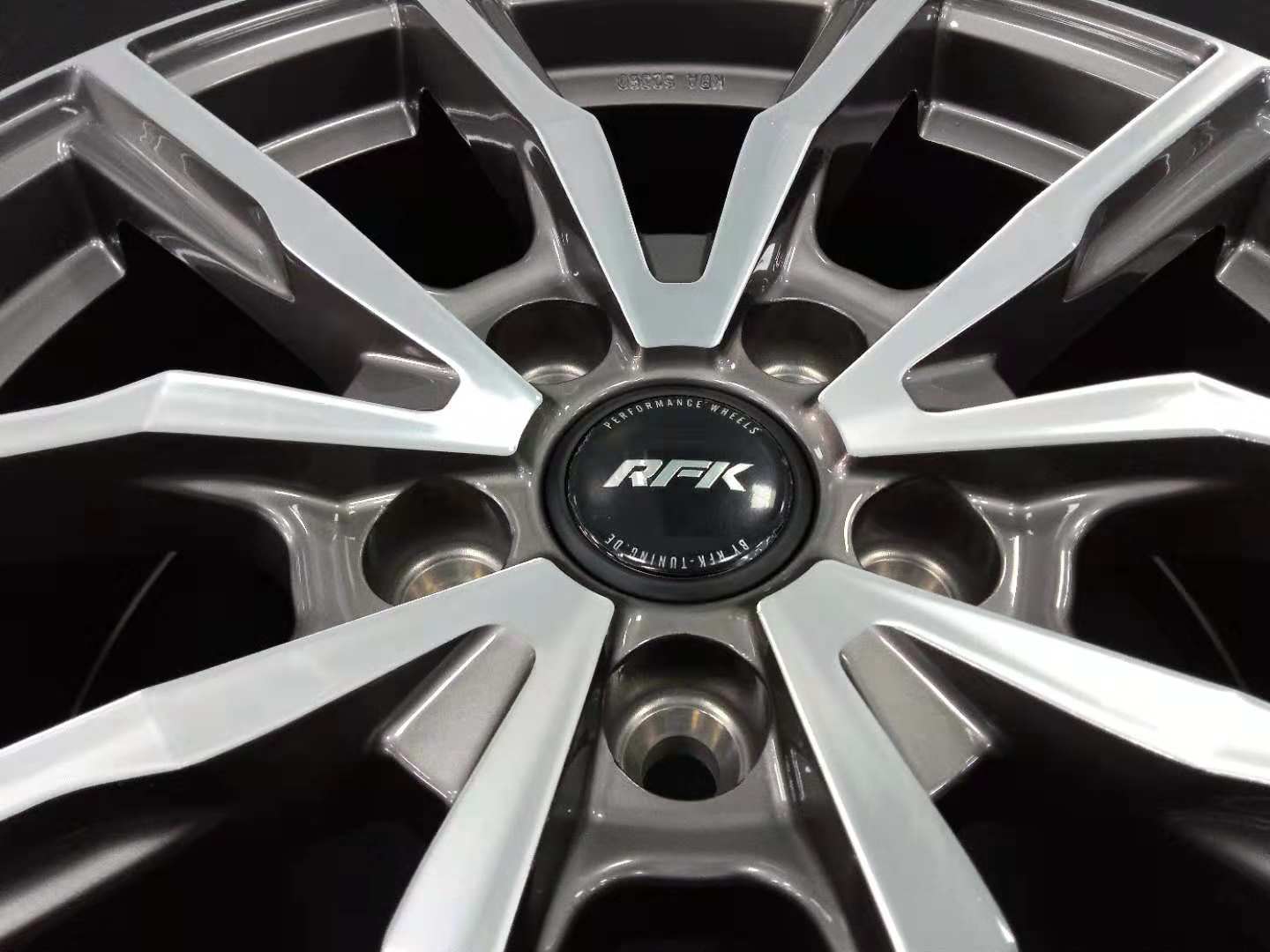Brakes, wheels and shocks, as a three piece tuning package, are the big things that most car enthusiasts upgrade. And because the wheels occupy a large part of the body surface, it is one of the best ways to change the vehicle's temperament and enhance its value, so wheel upgrade is always a hot topic.
However, when upgrading the wheels you will definitely face two choices, whether to choose the cast or forged? Different processes produce wheels with different performance in terms of safety, durability, light weight, heat dissipation and handling.
So today we will give you an analysis - the difference between cast wheels and forged wheels! How to choose the last, you decide! Cast wheels
Brakes, wheels and shocks, as a three piece tuning package, are the big things that most car enthusiasts upgrade. And because the wheels occupy a large part of the body surface, it is one of the best ways to change the vehicle's temperament and enhance its value, so wheel upgrade is always a hot topic.
However, when upgrading the wheels you will definitely face two choices, whether to choose the cast or forged? Different processes produce wheels with different performance in terms of safety, durability, light weight, heat dissipation and handling.
So today we will give you an analysis - the difference between cast wheels and forged wheels! How to choose the last, you decide! Cast wheels
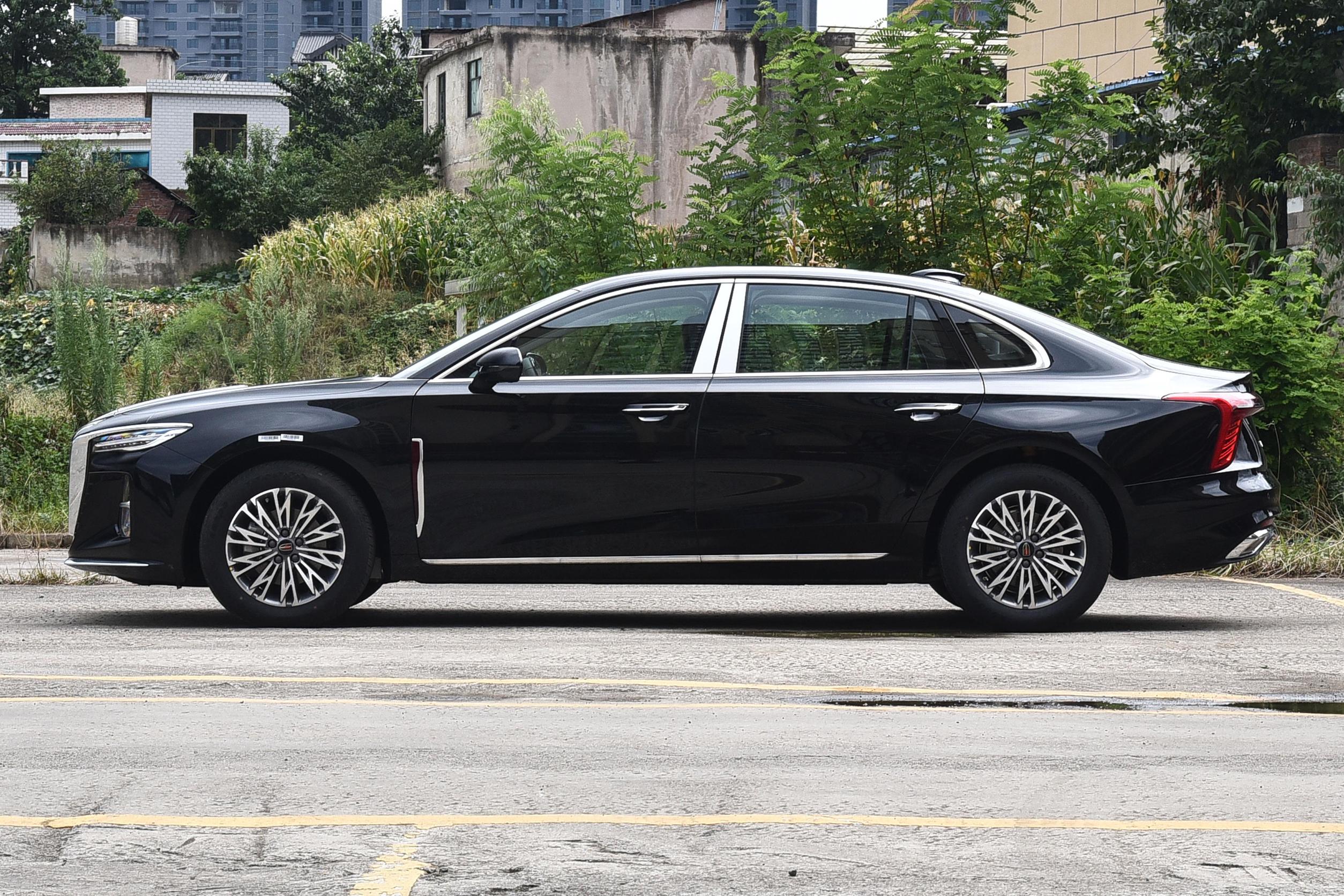
Casting wheels generally have two common production processes, gravity casting and low-pressure casting.
● Gravity casting is to pour liquid alloy into the mold and then cool it to shape, which is to make the wheel shape by gravity.
Low-pressure casting uses low pressure to press the liquid alloy into the mold and slowly solidify it under a constant pressure. Compared with gravity casting, the molecules of low-pressure cast wheels are relatively even, with fewer pores and tighter metal organization. Therefore, casting wheels are a form of process from "liquid" to "solid", which is simple, relatively low cost, and can be shaped in a variety of ways.
Spinning Casting - The difference is that the casting process is followed by a rotary press. In this process, the rim is pressed and stretched, and the aluminum alloy molecules are tighter than in a simple "casting", resulting in a wheel that is stronger and tougher, as well as lighter.
Forged Wheels
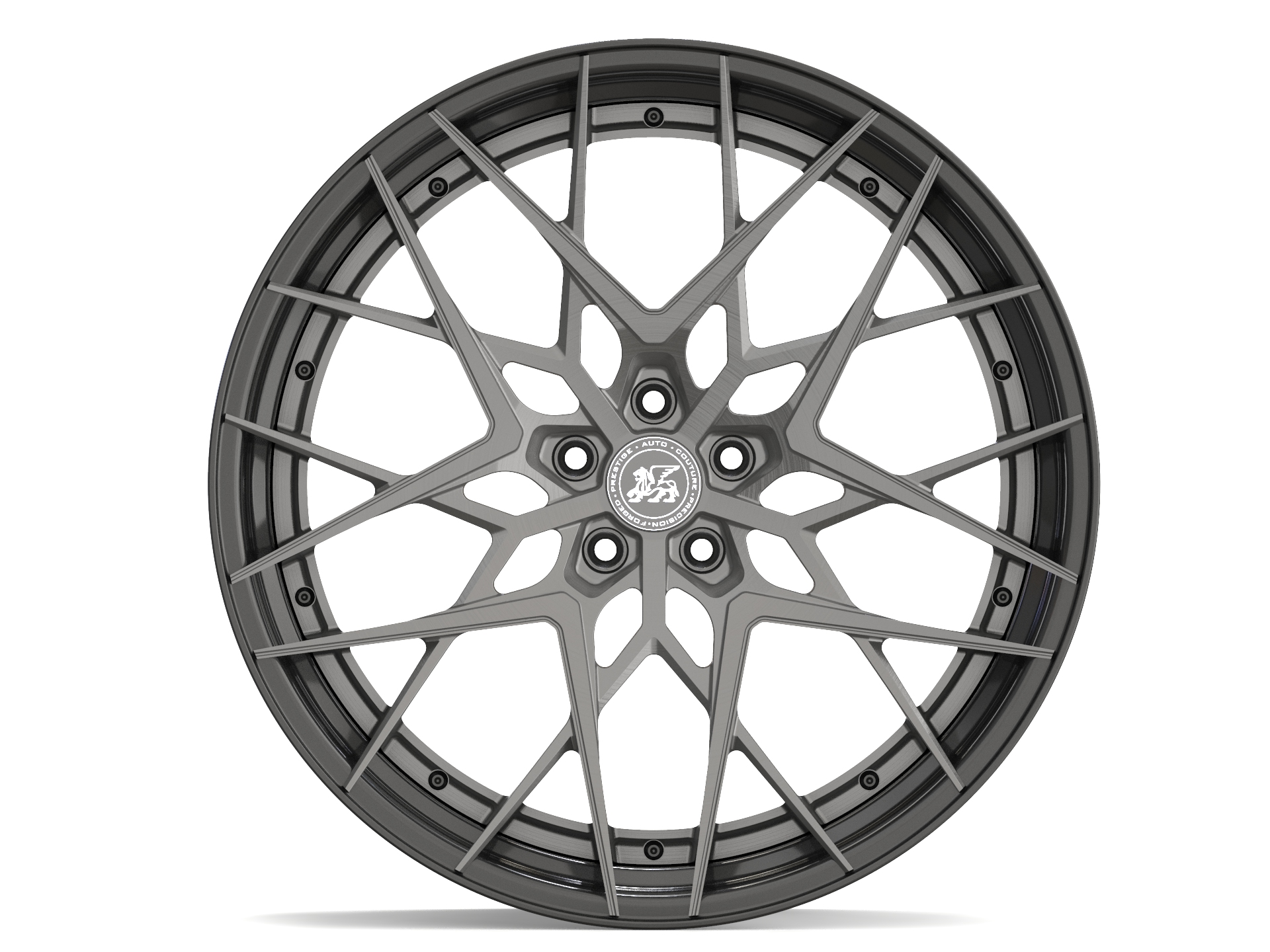

Forged wheels are made by forging a "solid alloy" into the shape of a wheel by means of high pressure (basically thousands or even tens of thousands of tons of pressure). As a result of multiple high-pressure impacts, the molecules between the alloys are smaller, the gaps are finer, and the density is higher, so the wheel requires less raw material to achieve sufficient rigidity, and the overall weight is lighter. Simply put, forging is a form of process from "solid" to "solid".
Currently, forging is the highest rigidity/weight ratio of all wheel manufacturing processes, and many performance-oriented players are very enthusiastic about forged wheels. Because compared to casting, forged wheels are stronger, safer, more malleable, and lighter, and the lighter weight brings increased power and responsiveness, but the price will be higher. How to choose forged casting
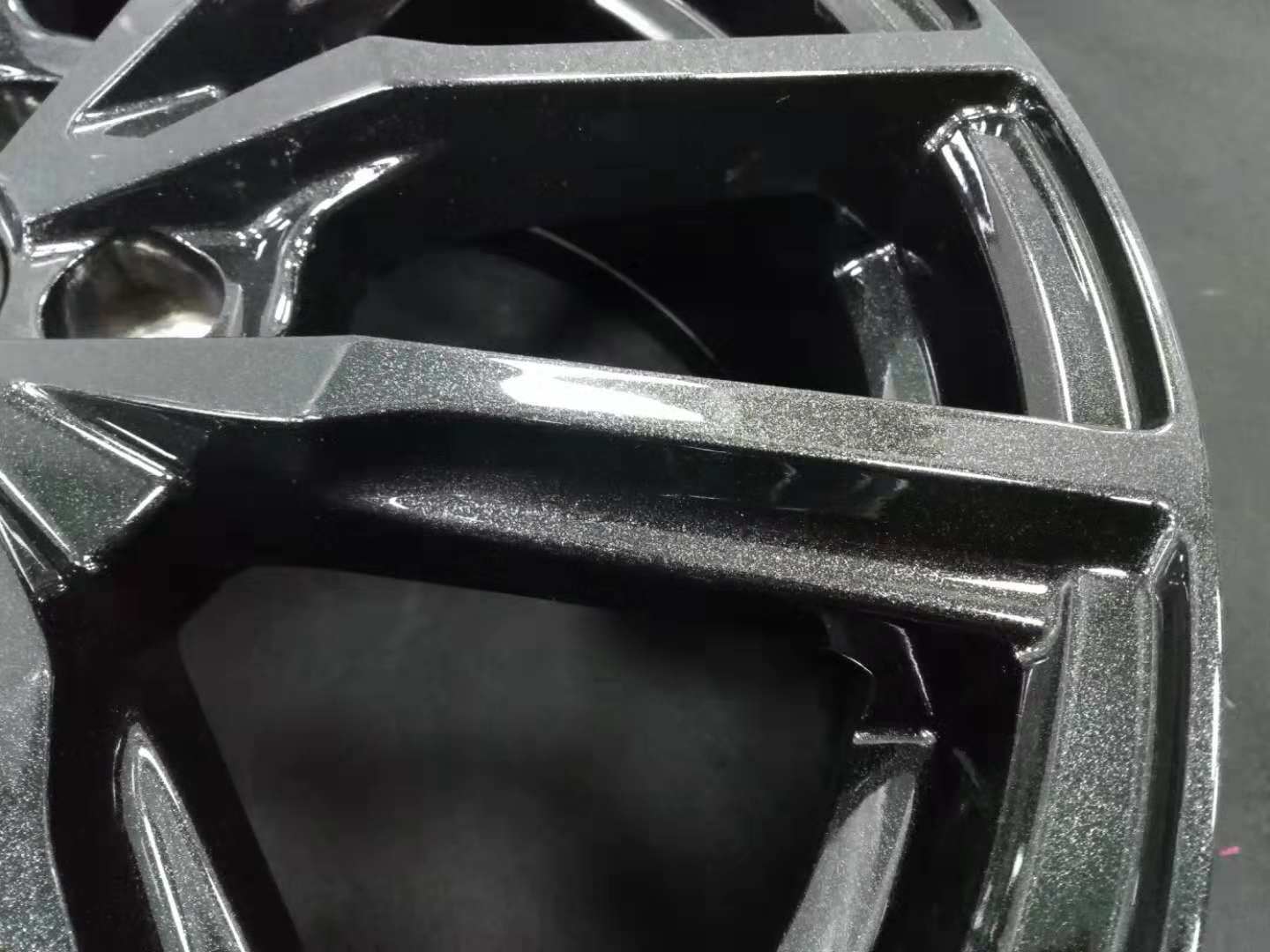
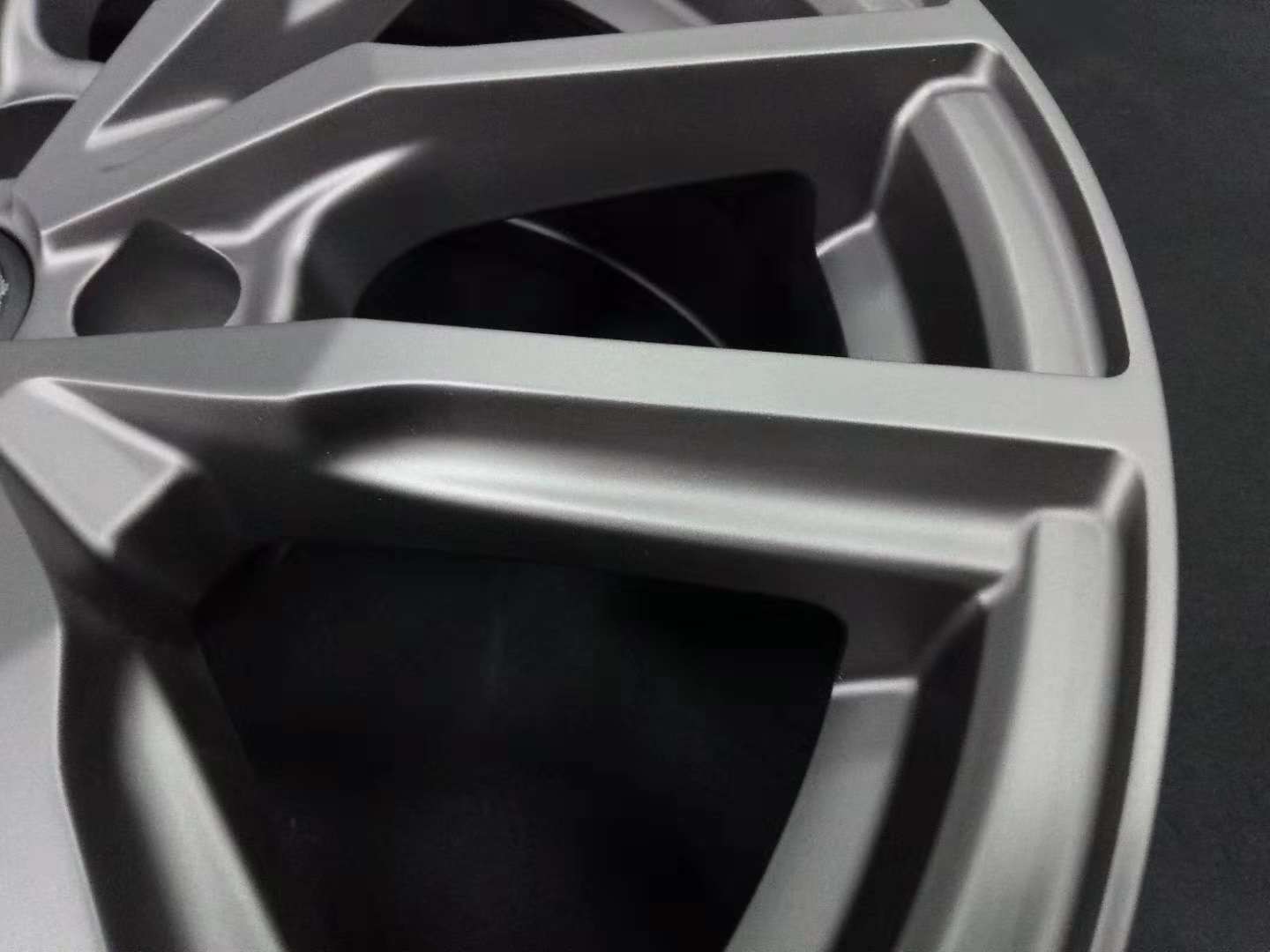
Seeing this, I believe you are already very clear about the difference between casting and forging, as for how to choose, or that, according to their own budget and driving habits and actual needs, rational consumption.
If you are a friend of ordinary grocery shoppers, casting can satisfy and is economical.
If you are looking for driving experience, like to go to the track, like the passion brought by a big step on the gas, then forging will be more suitable, but the price is higher than casting.
If you have a limited budget, but your heart yearns for power and speed, then spinning is also a good choice. Compared with normal casting, spun wheels are better in terms of light weight and rigidity.
Finally, the premise of buying wheels must choose the regular channels, the regular brand side, after all, this is a very important part of our driving safety! There are millions of roads, but safety is the first.
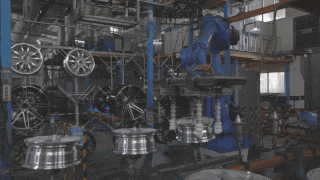
Jwheel, as an professional wheel manufacturer, concentrates in R&D and manufacturing of aluminum alloy wheels, including casting wheels, forging wheels and flow-form wheels. The products of it have passed the certifications of SEI、SEMA,VIA, JWL, JWL-T, TUV and so on. Since establishment, Jwheel has been developing steadily, with rich experience of designing and producing aluminum alloy wheels. It has earned the appreciation of both domestic market and foreign market with its high technology, good quality and customer service. It provided OEM service to many international brands like Vossen, OE Wheel, TSW, Rays, ProLine, Oxygen, AUTEC, etc., and it also provide ODM service, that is, for producing a new wheel, you can just provide a sketch, drawing or picture, and then Jwheel will finish the rest parts. By the way, the MOQ of forging wheels is four. (For more information, just go to the website: https://www.jjjwheel.com)
J274-17 17x7 35-47 105-114.3*5H 56.6/82.05 GM21/MGM33AP/GM20
J274-18 18x8.5 35-50 108-130*5H 71.58/82.05 S92
J274-19 19x8.5 35-47 108-120*5H 82.05
